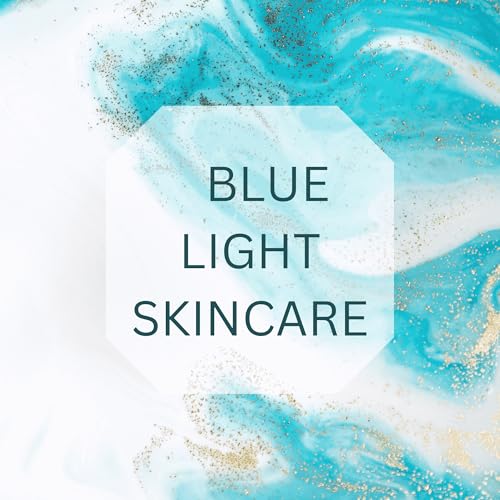
Navigating the Hype: The Truth About Blue Light and Skin Health
Failed to add items
Add to basket failed.
Add to Wish List failed.
Remove from Wish List failed.
Follow podcast failed
Unfollow podcast failed
-
Narrated by:
-
By:
About this listen
The episode delves into the pressing concerns surrounding high energy blue light, particularly its implications for skin health in our increasingly digital lives. We examine the widespread claims regarding the adverse effects of blue light on the skin, questioning whether these assertions are substantiated by scientific evidence or merely a product of marketing strategies exploiting our anxieties about screen exposure. Through our discussion, we elucidate the distinction between the significant threat posed by sunlight and the comparatively negligible risks from digital devices, as supported by recent research findings. We further explore the mechanisms by which blue light may contribute to skin aging, including oxidative stress, pigmentation issues, and circadian rhythm disruption. Ultimately, we offer practical recommendations for mitigating these effects through effective protective measures and lifestyle adjustments.
A profound examination of high energy visible light, colloquially known as blue light, serves as the focal point of the discussion. The speakers delve into the ubiquitous presence of blue light in contemporary society, particularly its sources, which predominantly include the sun and artificial devices such as smartphones and computers. They articulate a pressing need to discern the veracity behind the plethora of claims that assert blue light's detrimental effects on skin health, especially in the wake of a digital lifestyle that is here to stay. This exploration is critical, for it seeks to strip away the sensationalism surrounding blue light and concentrate on the empirical evidence that underscores its true impact on skin aging. The discourse navigates through the scientific principles that define blue light, elucidating its wavelength and energy levels, which beg the question: is the screen time we endure truly accelerating our skin's aging process, or is it simply an instance of marketing leveraging our anxieties about screen usage?
Takeaways:
- The primary source of blue light exposure in our lives is undeniably the sun, necessitating consistent protection against its effects.
- Emerging research indicates that blue light from screens may contribute to skin aging, particularly through oxidative stress and pigmentation issues.
- Studies have shown that prolonged screen time does not equate to significant skin damage, as a week of screen use yields minimal effects compared to natural sunlight exposure.
- Utilizing tinted sunscreens containing iron oxides offers enhanced protection against blue light-induced pigmentation, making them superior to standard sunscreens.
- Integrating antioxidants such as niacinamide into skincare routines can mitigate the harmful effects of blue light exposure on the skin.
- Maintaining proper sleep hygiene is essential, as blue light exposure in the evening can disrupt the skin's natural repair processes.
Companies mentioned in this episode:
- Beiersdorf
- Truth in Advertising
- Cynodesmus rubescens


